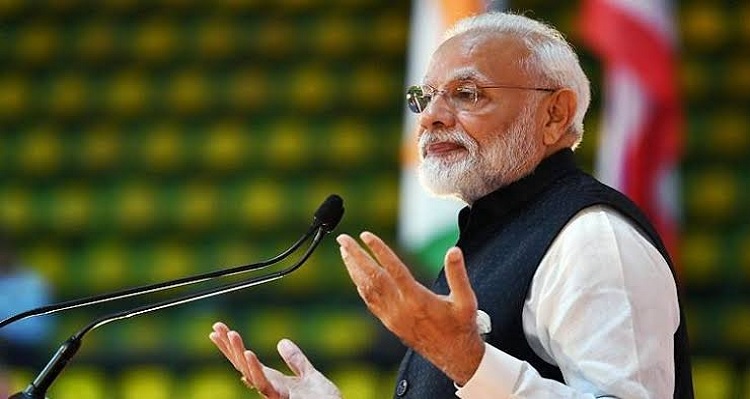
India decides not to join RCEP agreement: Sources
India has decided not to join Regional Comprehensive Economic Partnership (RCEP) agreement, sources revealed on Monday. The RCEP is a proposed free trade agreement (FTA), which includes the 10 ASEAN states- Indonesia, Malaysia, the Philippines, Singapore, Thailand, Brunei, Vietnam, Laos, Myanmar and Cambodia -along with China, India, Japan, South Korea, Australia and New Zealand. Prime Minister Narendra Modi stands firm as key concerns are not addressed; there will be no compromise on core interests. The news agency ANI stated that the RCEP agreement does not reflect its original intent. Also, the outcome is not fair or balanced. India has been at the vanguard in protecting the interests of the poor especially agriculture sector. India managed to protect its farmers’ interests and ensure food security for its poor in World Trade Organization in Buenos Aires under PM Modi. According to the information, India’s stand is a mixture of pragmatism, the urge to safeguard interests of poor and effort to give an advantage to India’s service sector; while not shying away from opening up to global competition across sectors. Also, the sources revealed that gone are days when Indian negotiators craved in to pressures from global powers on trade issues. This time, India played on front foot, stressing on need to address India’s concerns over trade deficits and need for countries to open markets to Indian services and investments. India also raised the unviability of Most favoured Nation (MFN) obligations where India would be forced to give similar benefits to Regional Comprehensive Economic Partnership (RCEP) countries that it gave to others. In his speech at RCEP summit, Prime Minister Narendra Modi said "India stands for greater regional integration as well as for freer trade and adherence to rule-based international order. India has been pro-actively, constructively and meaningfully engaged in the RCEP negotiations since inception." Adding, he said "'Today, when we look around we see during 7 years of RCEP negotiations many things including global economic and trade scenarios have changed. We can't overlook these changes. Present RCEP Agreement doesnt fully reflect basic spirit of RCEP." While praising farmers, traders, professionals and industries, PM Modi said, "they have stakes in such decisions. Equally important are workers and consumers, who make India a huge market and third biggest economy in terms of purchasing power parity." PM Modi said, "thousands of years before RCEP was conceived, Indian traders, entrepreneurs and common people built abiding contacts with this region. For centuries, these contacts and ties made valuable contribution to our shared prosperity." Also Read | PM Narendra Modi, Russian President Vladimir Putin holds delegation level talks in Vladivostok Furthermore, the sources revealed, "Govt of India during UPA opened 74% of its market to ASEAN countries but richer countries like Indonesia opened only 50% for India. Govt of India under UPA also agreed to explore an India-China FTA in 2007 & join RCEP negotiations with China in 2011-12." "Indian domestic industry still reeling under impact of these decisions. Government under PM Narendra Modi has sought to solve these issues and negotiations are continuing. It is therefore evident that India could not sign a further unequal deal under RCEP without resolving past issues," the sources stated. The key issues include- inadequate protection against import surge, insufficient differential with China, possible circumvention of rules of origin, keeping the base year as 2014 and no credible assurances on market access and non-tariff barriers. Once it is finalised, the RCEP would become world's largest free trade area, comprising half of the world population and will account for nearly 40 per cent of the global commerce and 35 per cent of the GDP (Gross Domestic Product). -PTC News
